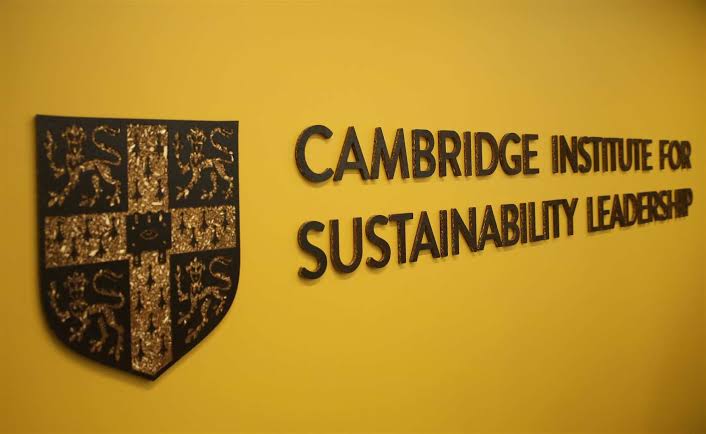By Dare Akogun
The Cambridge Institute for Sustainability Leadership (CISL) is calling for the final biodiversity framework to be fit for purpose to drive change in the global economy by sending the right signals to business and finance.
Director of Policy, CISL Eliot Whittington, speaking at the ongoing COP15 in Montreal, Canada said the summit needs to be a turning point in humanity’s relationship with nature and to do so it needs to kick off fundamental changes in the way the economy works.
According to him “More and more businesses and financial institutions are realising how essential action on nature and biodiversity is, but they need governments to provide the right rules and incentives to solve market failures and make change possible,” he said.
Eliot added that to drive economic change, countries meeting in Montreal need to find the political will to agree both a clear vision for action on nature but also essential measures like shifting fiscal incentives and mandating better disclosure of business impacts and actions.
“This can be the start of a global transformation towards a new, nature positive economy – but only if the negotiations agree measures that unlock real change,” he said.
Target 15 of the CBD Global Biodiversity Framework (GBF) calls for mandatory requirements for all large businesses and financial institutions to assess and disclose their impacts and dependencies on nature by 2030.
The World Economic Forum continues to highlight that loss, weakening and fragmentation of biodiversity pose huge threats to global and national economies.
Despite significant business progress on climate disclosure – with nearly 20,000 companies disclosing climate change data through CDP in 2022 – a 42% increase on 2021, the highest annual increase in almost a decade – only around 1,000 companies disclosed data on forests, a 20.5% increase on 2021.
Almost 4,000 companies disclosed water security data through CDP in 2022, a 16% increase on 2021 disclosure data.
Target 18 of the CBD calls for the removal and redirection of incentives harmful for biodiversity. Trillions of taxpayer money is spent harming the natural world, from timber-access roads to making fertilisers cheaper.

